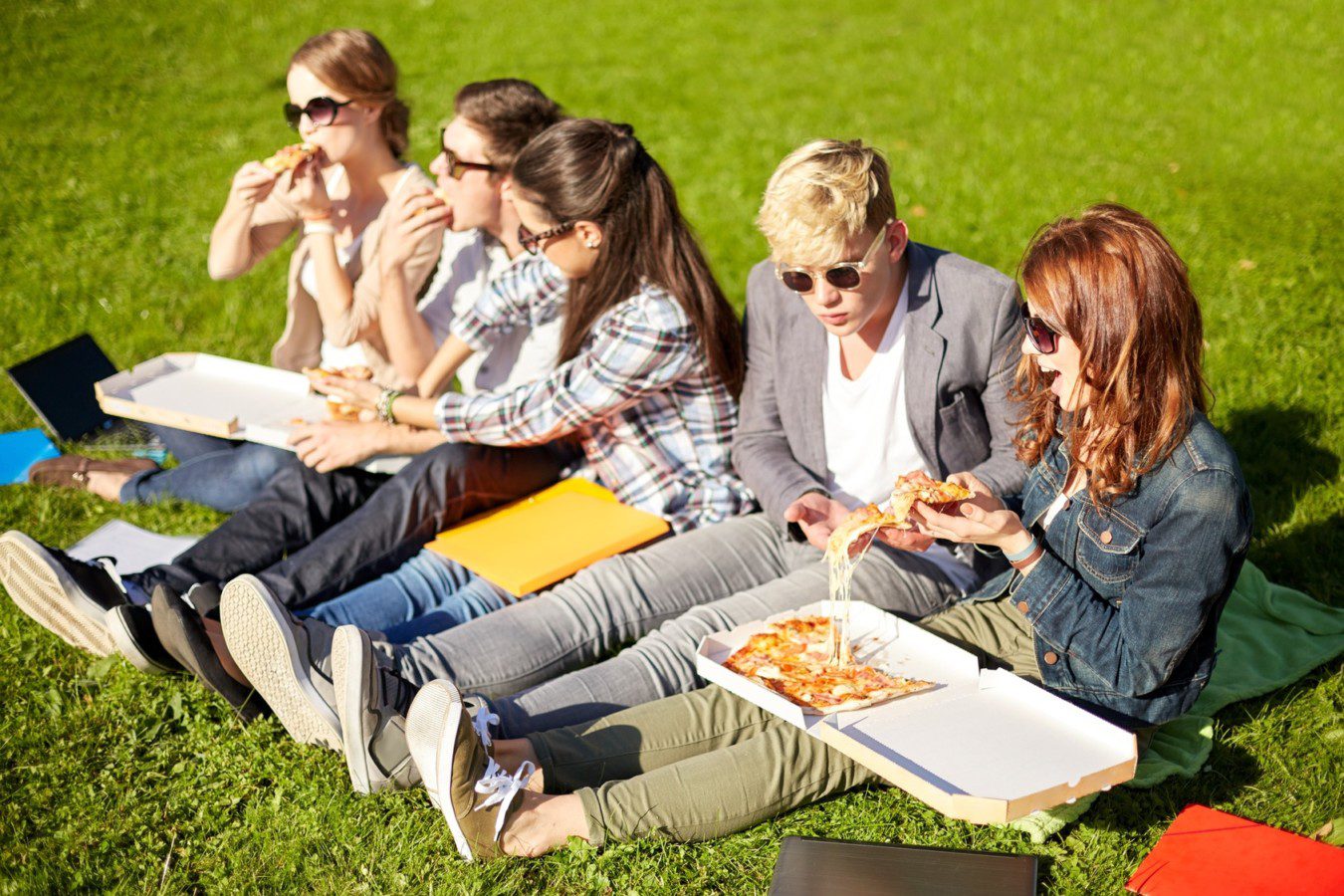On a very basic level, we eat because we are hungry, and our bodies require fuel to live. But a meal is much more than that, it connects us to our heritage, it grows our relationships and it can even comfort us in our time of need. Eating is a privilege many take for granted when it should be a ritual that fosters connectedness.
Many of our food interactions happen because of triggers and feelings that go unnoticed. These triggers establish bad eating habits like eating on the go and snacking when you aren’t hungry. Increasing your awareness of your triggers and feeling in relation to food can help create better-eating habits.
There has been a lot of talk lately about eating mindfully. There is growing research that says our attitudes and practices around mealtime rituals are as important as what it is we put in our mouths. But what does mindful eating really mean?
Mindful eating is a Buddhist practice designed to create a connection with the intention of being present at mealtime. When you are eating mindfully, there is no right or wrong way to eat because you are basing your meals on physical cues, not emotional ones.
When you make the switch from eating mindlessly and out of habit to eating mindfully and with intention, you will create a healthier and happier relationship with food.
Practicing mindful eating can help solve eating issues by increasing awareness of your patterns. It will help you break your bad habits around food while creating healthier ones.
Some additional benefits of being mindful around eating are:
- You become more aware of your body and its needs
- It improves digestion and reduces overeating
- It changes the way you think and how you manage your emotions
Being aware of eating habits and your mealtime rituals will ease the struggle with food and create meaningful and positive experiences worth remembering.
Here are 10 rituals that will completely change your next meal.
Stop Multitasking
You can’t truly appreciate the food on your plate, and the other people present at your meal if you are checking email, texting or watching television. Make mealtime dedicated to the meal and the people you are breaking bread with.
Eat at The Table
We are an “on-the-go” society. There is a lot of eating in the car, at our desks and standing at the counter going on these days. When you make it a habit to eat at a table while sitting down, you are making your food choices a priority. Plus, it can help minimize snacking and mindless over-eating.
Chew Your Food
This may sound like an obvious thing but how many times have you inhaled a meal due to time constraints? If someone were to ask you how it tasted, you probably wouldn’t know how to respond.
Take the time to chew your food. Taste it and appreciate it, be aware of how eating this food is making you feel.
Use Your Senses
As you eat the beautifully prepared food on your plate, use all of your senses. Appreciate the appearance, take in the smell, identify the spices used in the dish, and find the different textures on the plate.
Talk about these things with your mealtime companions. When you spend time truly appreciating your food using all of your senses, you are more connected with your food and your companions.
Choose Quality Foods
There is a time when quantity matters but when it comes to food, it’s quality that should be the focus. Our perception of portion sizes is way out of whack thanks to restaurants trying to win over new customers. When you choose quality foods, your body is getting the nutrition it needs.
Spend Time Preparing Your Food
Nothing makes a meal time better than preparing it with people you care about. Make preparing dinner together a ritual and your mealtime will be happier as a result.
Foster a relaxing and fun environment in the kitchen, use fresh ingredients that fill the room with intoxicating scents and take your time to enjoy each other and the experience.
Express Gratitude
Nothing is more meaningful than expressing gratitude and doing so with intention. Be grateful for the beautiful food, the engaging conversation, and the ability to come together. Being grateful is the greatest gift to mealtime you can give.
These rituals might be simple, but their ability to transform your next meal is great. Take the time to learn what makes you feel good and what makes you feel more connected to your food and those around you.
There is no doubt that with practice and focus, over time you will see huge benefits by being more present in the process of preparing and celebrating food.

















